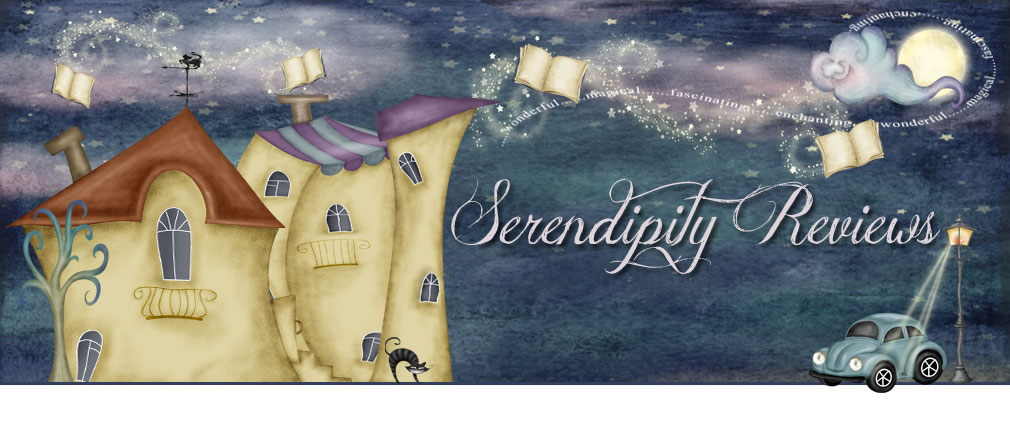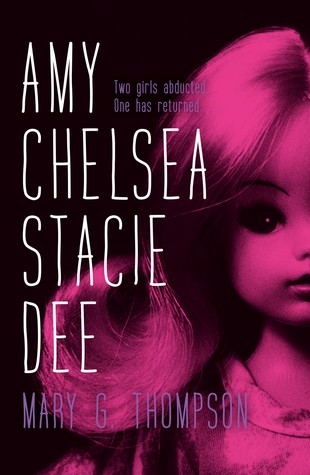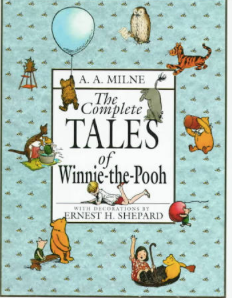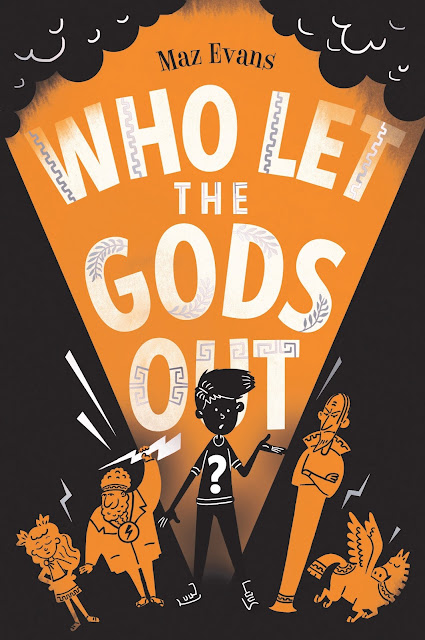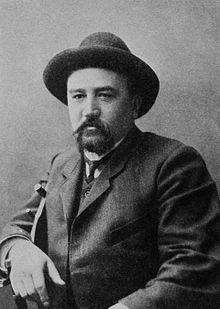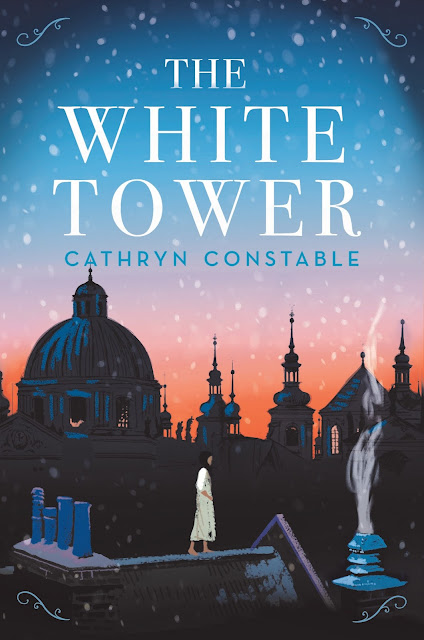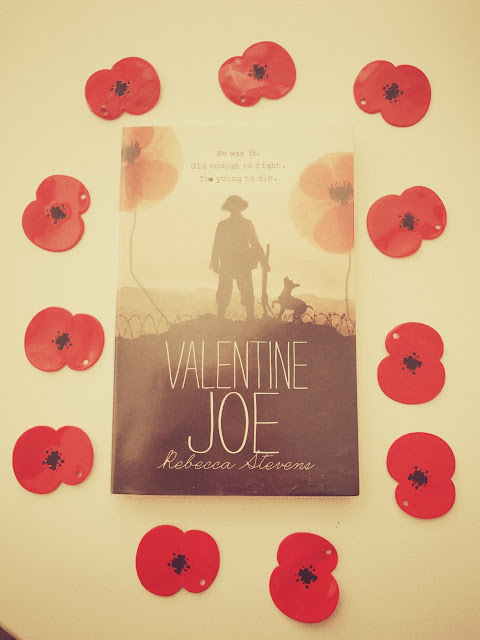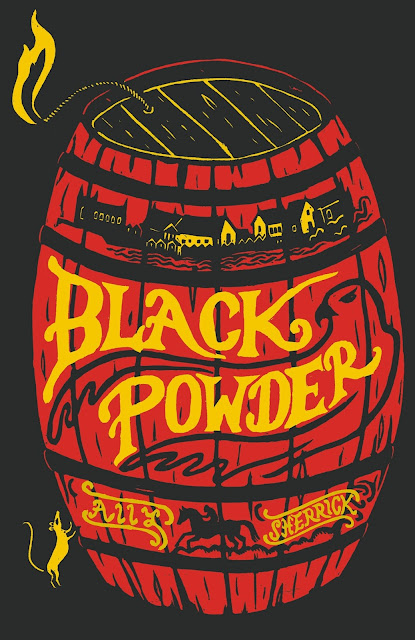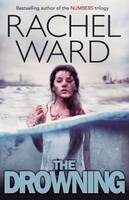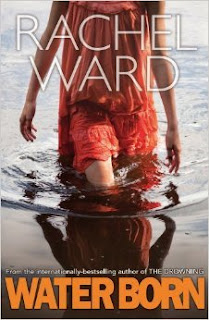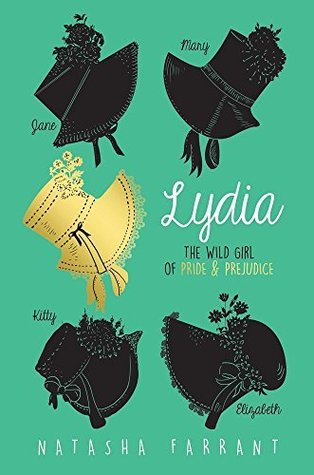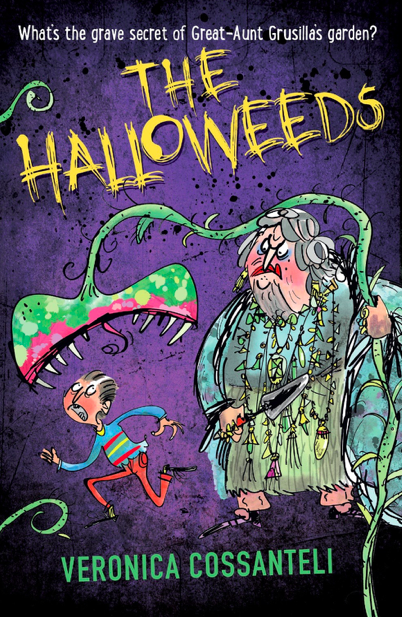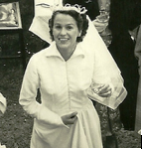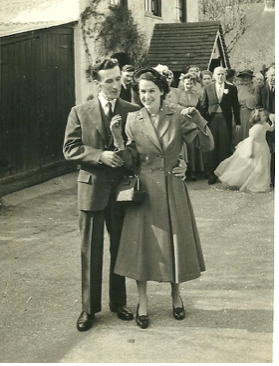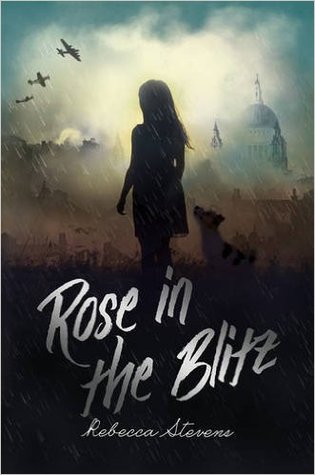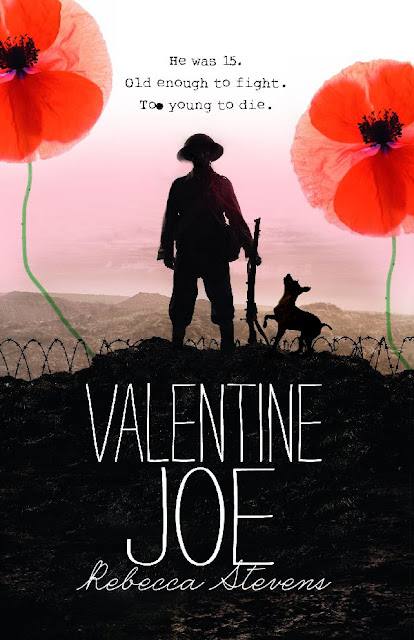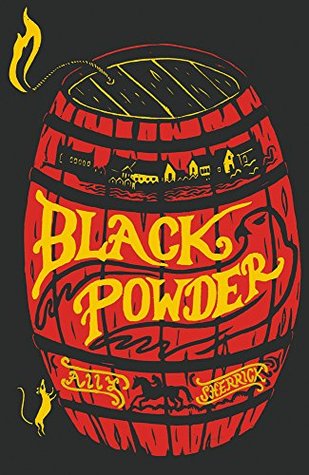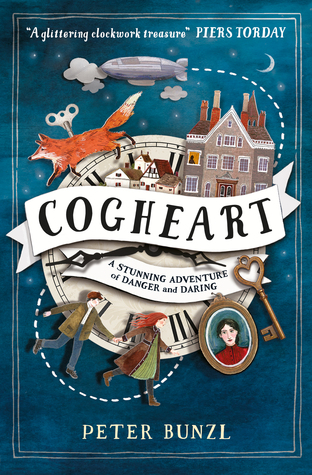I'm so pleased to welcome author Mary G. Thompson onto the blog today to discuss why we love real life drama so much. Mary has just published her coming of age thriller, Amy Chelsea Stacie Dee with Chicken House.
Sometimes when I’m reading a book or watching a show about a person in dark or dire circumstances, I ask myself, Why do I like this? Why do I want to read/watch a story about bad things happening to someone?
Is it because I want to imagine myself in the position of the hero, acting much more bravely than I would in real life?
Is it because I want to experience something apart from my everyday boring existence without really risking anything?
I think there’s a more charitable, positive explanation for why we enjoy reading and watching drama. Reading about the deep emotions of others is a way for us to feel like we are connecting with people. As humans, we have an amazing capacity to empathize with people we’ve never met. And reading books is a safe way to experience difficult things. It’s also a way for us to understand what people who are different from us are thinking and feeling.
None of us wants to be the victim of a kidnapping like Amy and Dee, and the chances that any individual will be kidnapped are infinitesimal. But it’s amazing how easily we can imagine what it would be like to face such a thing. We are naturally prepared to empathize with those who are suffering and ready to root for them to overcome. We have a human need to experience the deep emotions that come with dramatic experiences.
I think I enjoy thrillers and true-to-life crime dramas partly because I want to feel something that rings true and partly because I want to understand how the human mind works. Real life drama shows people taking the worst of situations and figuring out how to make it through. Even if we’ll never face anything half as bad, we can still take away something from experiencing the strength—even the flawed strength—of others. These vicarious experiences may also put us in a position to better help someone we meet who has been through something terrible, or to advocate for better policies to support victims.
When I was writing Amy’s story, I had all the experiences of reading a true-to-life book times about a million. I hope you too are able to take away something emotional and positive from Amy’s story.
Summary
Cousins Amy and Dee were kidnapped by a stranger as children.
Now, sixteen-year-old Amy is back with her parents. Dressed in purple and clutching a plastic doll, she refuses to answer questions. As Amy struggles towards a normal teenage life, her family - and the police - press her for information. Unable to escape her past, Amy realizes she has to confront the truth. How did she survive? How did she escape? And what happened to Dee?
Follow Mary G. Thompson on Twitter: @marygthompson
Amy Chelsea Stacie Dee by Mary G. Thompson is out now priced £6.99. Order a copy here: http://amzn.to/2lleLAZ
